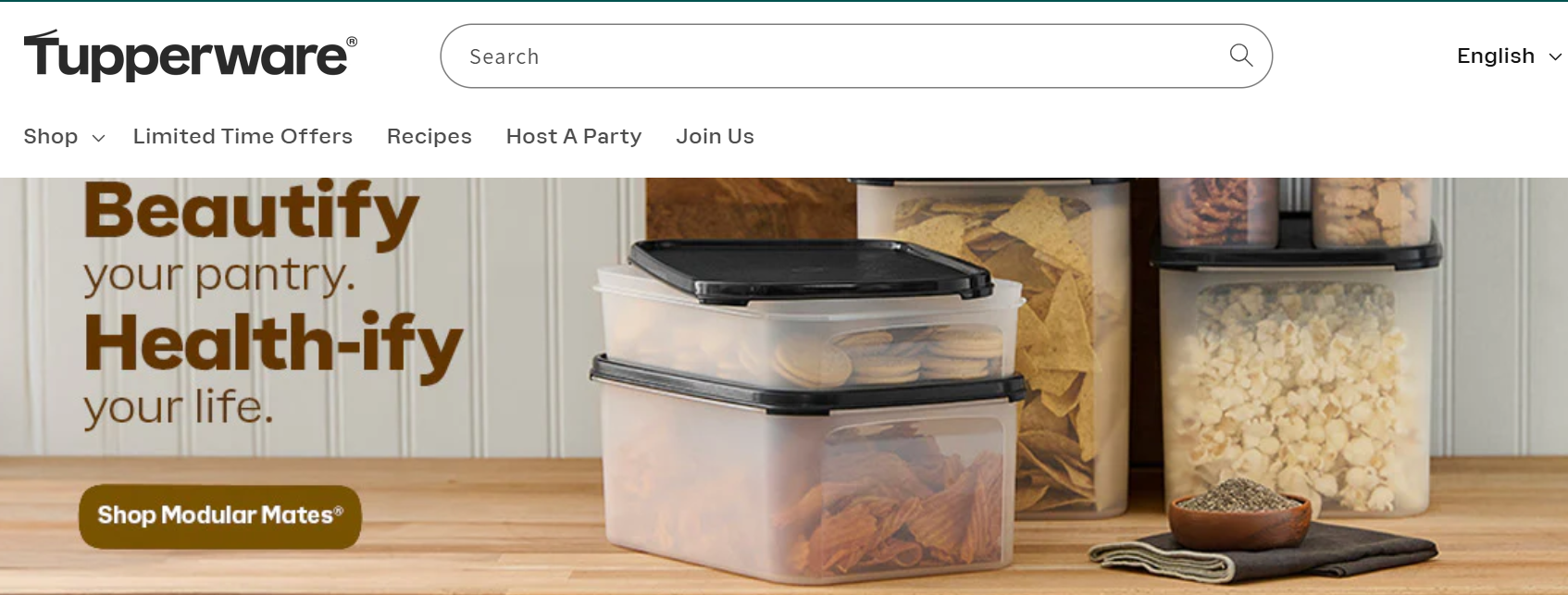.jpg)
In today’s fast-paced world, food storage solutions have become a necessity for almost every household. The debate between Tupperware and generic plastic containers often boils down to one critical question: Which is safer for your food? Both options are widely available, but their impact on health, sustainability, and practicality varies significantly. This article dives deep into the pros and cons of Tupperware and generic plastic, helping you make an informed choice for your kitchen and well-being.

Tupperware has been a household name for decades, known for its high-quality, durable, and reliable food storage solutions. Founded in the mid-20th century, Tupperware revolutionized food storage by introducing airtight and leakproof containers. But what sets Tupperware apart from generic plastic containers?
Tupperware products are made from high-grade plastic, often labeled BPA-free, which ensures that harmful chemicals don’t leach into your food. This makes them a safer choice for storing both hot and cold food items.
Tupperware containers are designed to last. Unlike generic plastic containers, which can warp, crack, or degrade over time, Tupperware maintains its shape and functionality for years, even after frequent use.
One of Tupperware’s standout features is its airtight sealing mechanism. This not only keeps food fresher for longer but also minimizes the risk of bacterial growth.
While Tupperware is more expensive up front, its longevity and quality often make it a cost-effective solution in the long run. You’re less likely to replace Tupperware as often as you would with cheaper, generic plastic containers.
.jpg)
Generic plastic containers dominate the market due to their affordability and availability. Found in supermarkets, dollar stores, and online marketplaces, they are a popular choice for quick and easy food storage. But how do they compare to Tupperware in terms of safety?
Many generic plastic containers are made from lower-quality plastic, which may contain harmful chemicals such as BPA and phthalates. These chemicals can leach into your food, especially when exposed to heat in the microwave or dishwasher.
Unlike Tupperware, generic plastic containers are prone to cracking, warping, and staining. They often have a shorter lifespan, leading to more frequent replacements.
Generic plastic containers often lack the airtight seals that Tupperware is known for. This can result in quicker food spoilage and an increased risk of contamination.
While generic plastic containers are cheaper upfront, their shorter lifespan and potential health risks might negate the cost savings in the long term.
When it comes to food safety, the material of your storage container plays a critical role. Here’s a closer look at how Tupperware and generic plastic stack up:
The environmental footprint of your food storage solution is another important consideration. Here’s how Tupperware and generic plastic compare:
MBBReviews.com offers exclusive Tupperware discounts and coupon codes to help you save on your favorite food storage products. Follow these easy steps to apply your coupon and enjoy fantastic savings:
1. Visit MBBReviews.com and explore the latest Tupperware deals and promotions.
2. Select your preferred Tupperware items and add them to your shopping cart.
3. At checkout, enter the exclusive coupon code provided by MBBReviews.
4. Complete your purchase and enjoy your savings on durable, high-quality Tupperware!
5. Follow Social Media to Stay updated with MBB Reviews for tupperware sale.
When it comes to food safety, durability, and environmental impact, Tupperware emerges as the superior choice. While generic plastic containers may be suitable for short-term, budget-friendly needs, their potential health risks and environmental drawbacks make them less desirable in the long run.
Comments